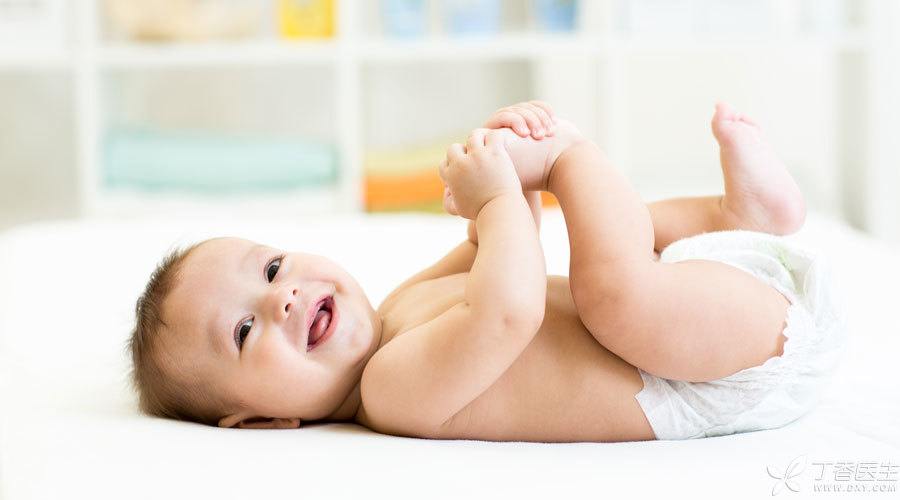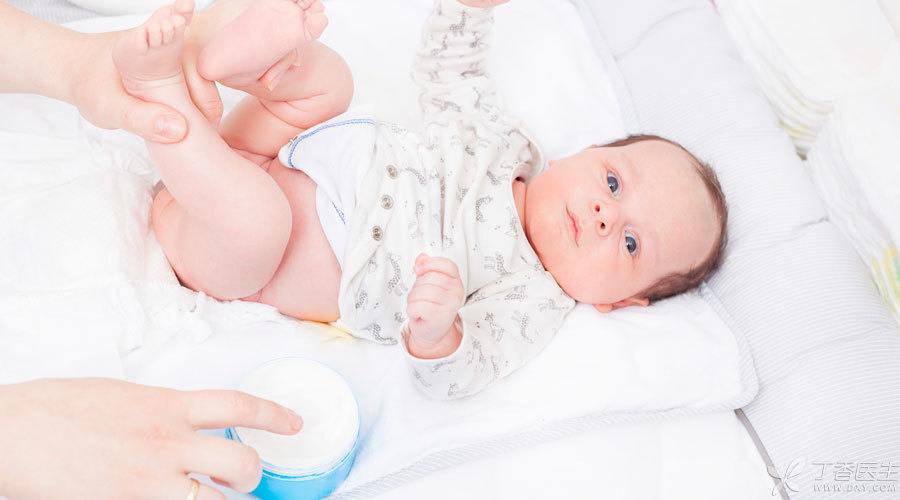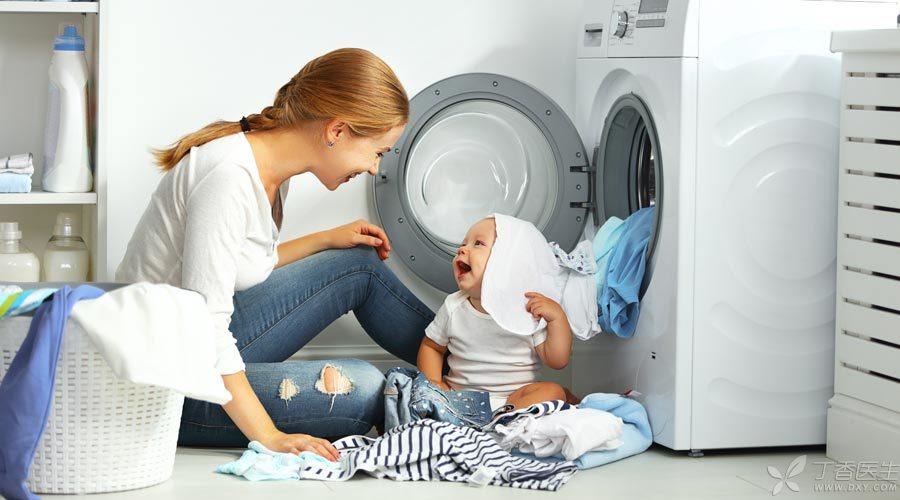
I am so careful, baby, why do you still have red buttocks?
Red ass, see a dermatologist immediately?
Is there any recommendation for what’s good nursing methods at home?
Is diaper rash because you didn’t choose the right diaper?
Hip cream and hormone should be used in what?
Is it very unsafe to use hormones on red buttocks?
… …
As a dermatologist, I am often asked these diaper-related questions by new mothers. In fact, as long as scientific care and reasonable use of diapers are used, diaper rash is not so difficult. Please listen to me.
One third of babies will have red buttocks.
Usually we say red buttocks, dermatologists call it diaper dermatitis, or diaper rash. Generally refers to the place where the baby uses diapers, erythema on the skin, rash one by one, and obvious edema, infiltration, skin ulceration, etc. will also occur in serious cases. Babies are very painful and mothers are very worried.
According to research, less than 1/3 of the babies will have diaper rash, especially the babies aged 9-12 months have the highest incidence rate, and 25% of the babies born one month will have diaper rash.
Therefore, how to deal with diaper rash is a necessary skill for every new mother.

Mild red buttocks don’t panic.
If mothers find that the baby has mild erythema in the area where diapers are used, especially where the skin protrudes, instead of the concave places such as hip seams and groins, the overall skin is still relatively shiny. This is a diaper rash with mild symptoms, which generally has little impact on them.
This kind of situation is often due to the diaper area skin moisture, friction, urine and feces bacteria, making the local pH value increased, skin resistance decreased. If you add diaper change is not timely, or the baby stool frequency is frequent, will appear this irritant diaper dermatitis.
However, mothers need not panic. Even if this diaper rash does not need drugs, it will heal itself as long as scientific care is provided.
Family nursing discipline
The most fundamental principle is to do everything possible to reduce the closing time of urine or poop in the diaper area. To put it bluntly, it is necessary to ensure the dryness of the skin in the diaper area.
In fact, simple family scientific care, generally the above-mentioned mild red buttocks symptoms, usually within 3 days will be significantly relieved.
Recommend a few tricks for mothers:
- Increase the frequency of diaper change; After each change, wash with clear water and wipe it clean. It is better to put on diapers again after [drying]. Barrier repairing agent or simple humectant is used in diaper area. There are many buttock protection ointments on the market. Zinc oxide, vaseline, lanolin and other common ingredients are safer and more suitable. Under normal circumstances, external hormone ointment is not required. Use as little talcum powder as possible; Here is the understanding: the safety of talcum powder can be determined within the [safe] time every day, allowing babies to bare their farts for 10 minutes, and having such 1-2 opportunities a day will improve a lot. For fatter babies, you can choose a larger diaper to avoid the influence of excessive sweat and friction on the baby’s skin.

Please pay attention to the red buttocks lasting more than 3 days!
Just mentioned, the general irritant diaper rash should be significantly improved after about 3 days of scientific care. If it is not good, mothers should be alert to other skin problems.
There is still a big difference between baby’s skin and adult’s skin. Whether it is skin structure or barrier function, the baby is a gradual improvement process within one year after birth. Therefore, at this stage, there will be not only the possibility of diaper dermatitis, but also other skin diseases.
The first thing to be ruled out is fungal infectious diaper dermatitis, of which Candida infection is more common. At this time, the erythema of the skin extends to the concave surface of the skin, such as groin and hip seam. Erythema becomes clearer in boundary, feels substantial, and sometimes has dandruff. And the babies also began to feel uneasy, all kinds of irritability and crying, especially when changing diapers.
Secondly, it is atopic dermatitis in infants. Apart from diaper areas, babies will have rashes in other parts, such as erythema, papules, etc., and most of them have obvious skin dryness and skin pruritus.
Finally, there is neonatal seborrheic dermatitis. Apart from diaper area, there will be some greasy erythema or macula on scalp, face, armpit or elbow socket. At this time, mothers need to pay attention. Most family care cannot achieve good results. Please ask dermatologists for help. Dermatologists will choose different drugs for treatment according to their illness.
In particular, mothers are reminded not to use hormone ointment casually, because hormone is not required for mild diaper rash, while weak hormone is recommended for moderate to severe diaper rash, and the use time is generally not more than 1-2 weeks. Unscientific use of hormone ointment is also one of the important reasons for increasing fungal infection of diaper rash. For complicated fungal infection, antifungal ointment is required.
Therefore, please let dermatologists help you make judgments, which is more scientific and efficient.

At 4 o’clock, I will teach you to choose the right diaper for your baby.
There are four most important points:
-
Choose diapers with good permeability and try to make the humidity and temperature of the internal and external environment of diapers the same.
-
Diaper materials should be made of materials with good absorption performance, which will not make small farts have obvious sultry and humid feeling.
-
The material not only has good absorption performance, but also needs to be as soft as possible to reduce the damage caused by friction.
-
The design of diapers should be close to the skin, but not tight, which is convenient for the baby to explore.
Therefore, diaper rash is not caused by diapers alone. Once mothers have a scientific understanding of this problem, proper care and wise choice, your baby will definitely stay away from diaper rash.
